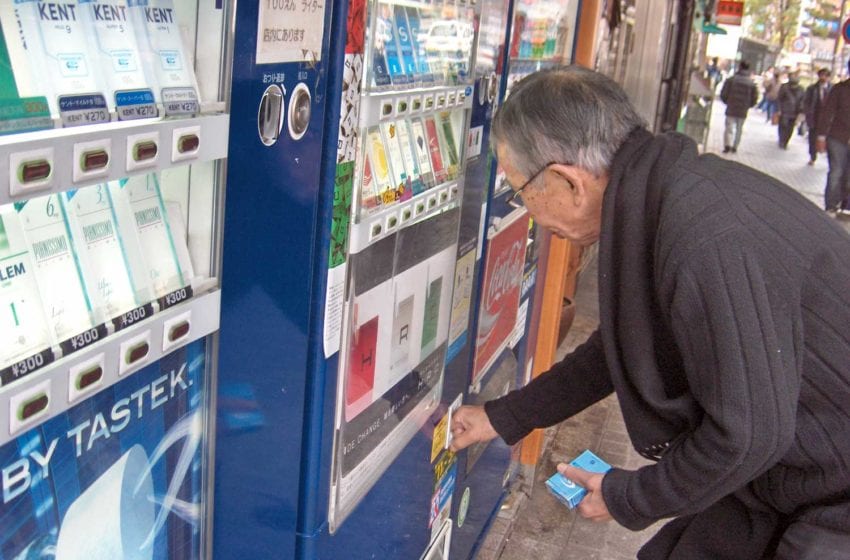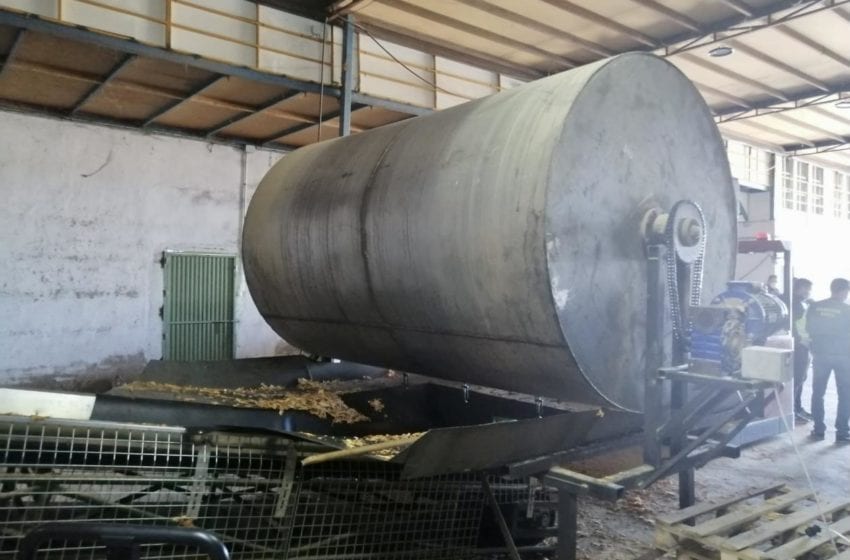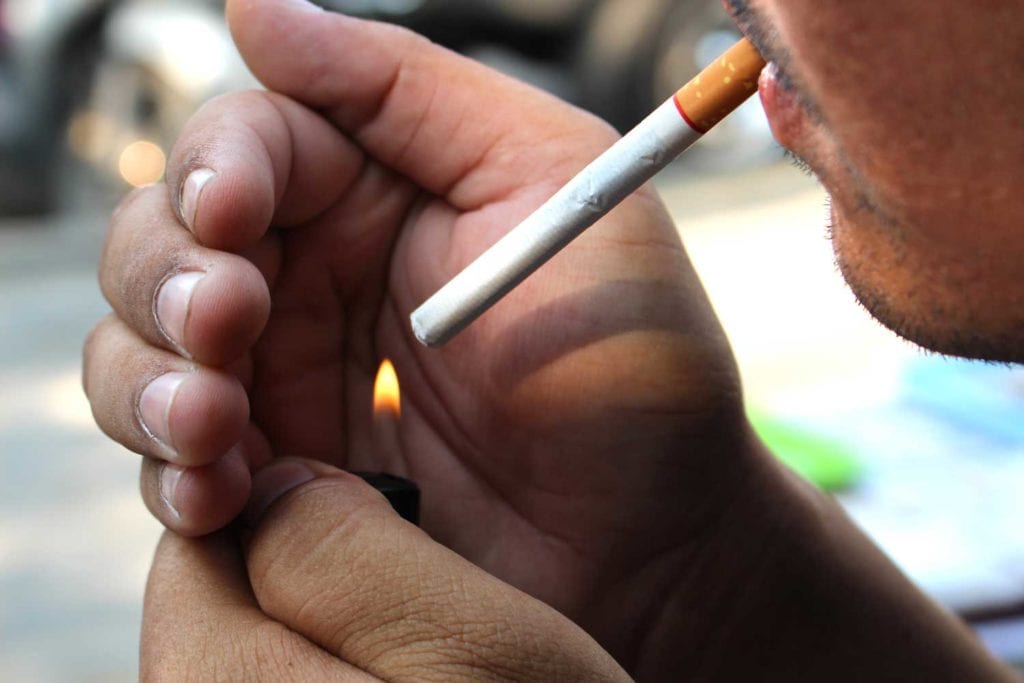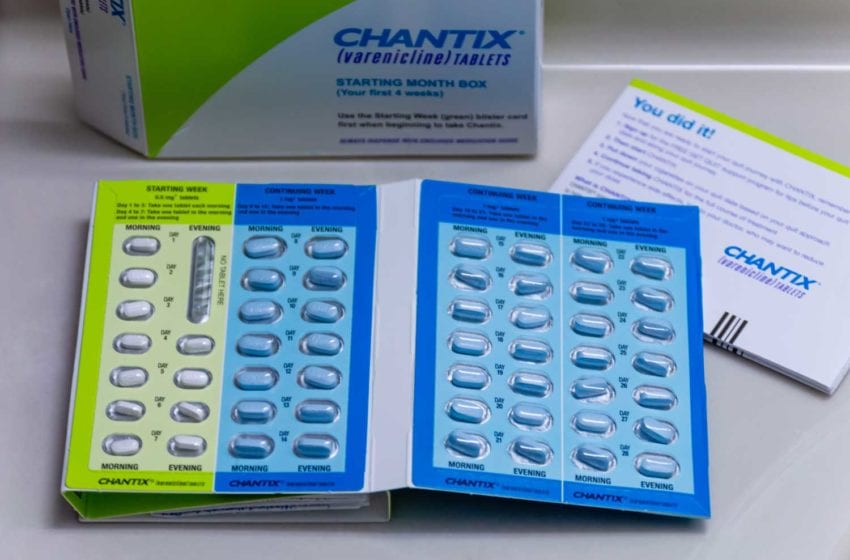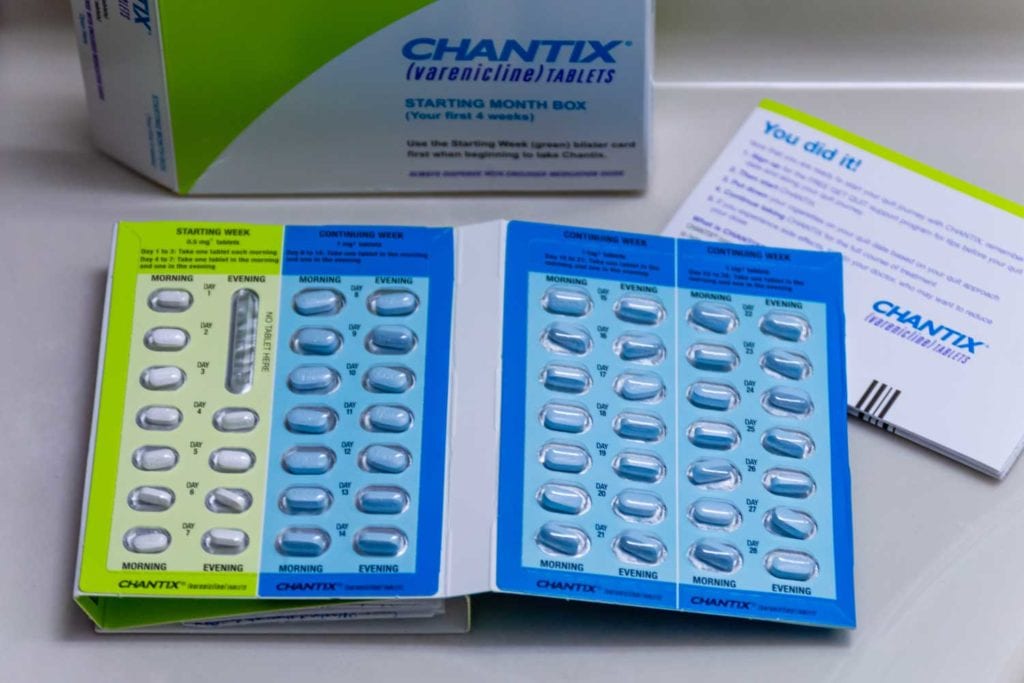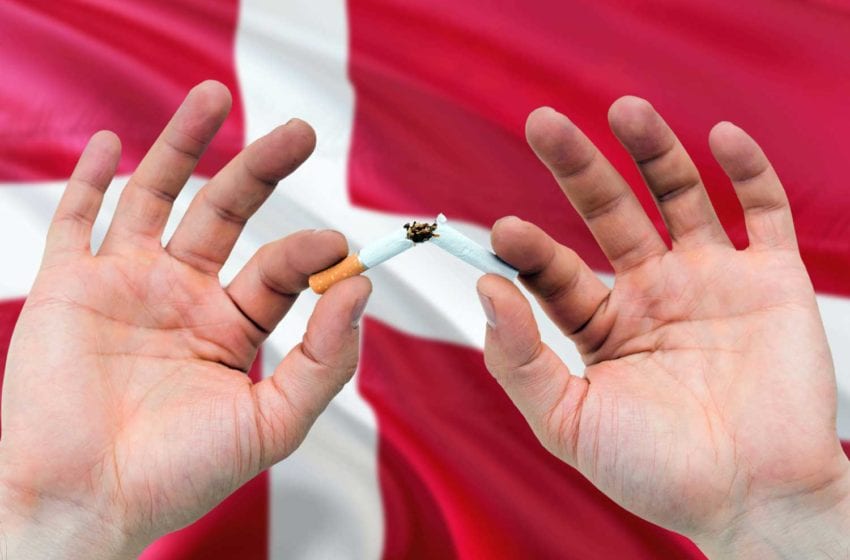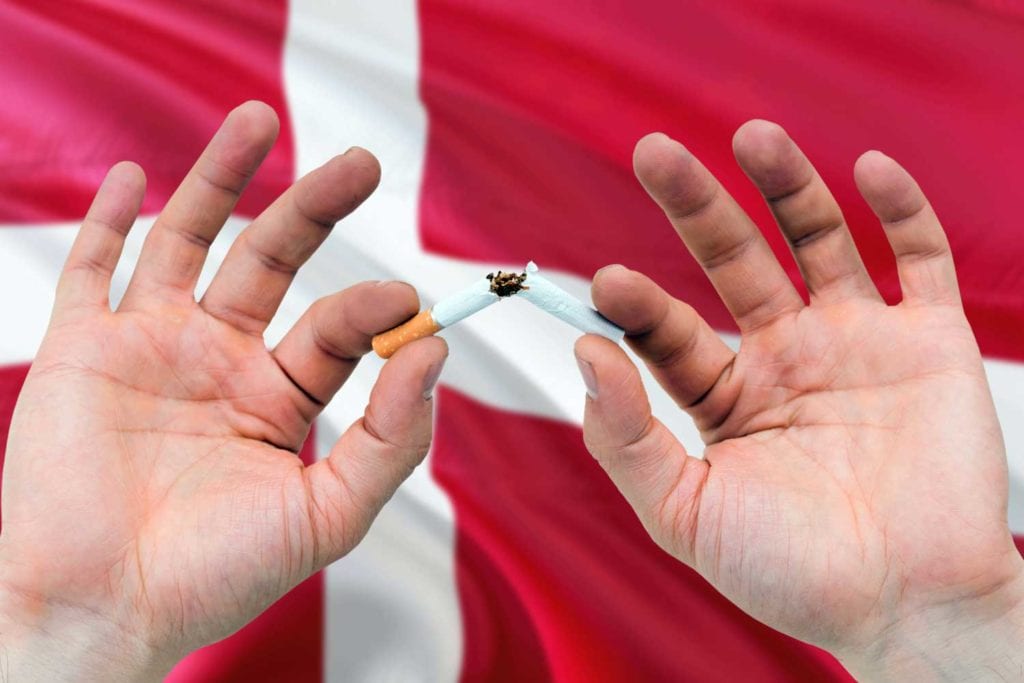
North Carolina has settled its lawsuit with Juul Labs for $40 million, reports The New York Times. The lawsuit is the first decision in of a series of lawsuits brought by states that claimed the company’s marketing practices fueled widespread addiction among young people to its e-cigarettes. The money will fund programs to help people quit e-cigarettes, prevent e-cigarette addiction and research e-cigarettes.
“This settlement is consistent with our ongoing effort to reset our company and its relationship with our stakeholders as we continue to combat underage usage and advance the opportunity for harm reduction for adult smokers,” said Juul spokesman Joshua Raffel in a statement.
The settlement was announced on June 28 by North Carolina Attorney General Josh Stein, who said that Juul agreed to avoid marketing that appeals to those under the age of 21. The company will curtail its use of “most social media advertising, influencer advertising, outdoor advertising near schools and sponsoring sporting events and concerts,” Stein said.
North Carolina sued Juul Labs in May 2019, becoming the first state in the U.S. to file suit against the e-cigarette manufacturer. In the agreement, the company denies any wrongdoing or liability. Juul Labs will ensure its products are sold behind counters, the attorney general said. Juul Labs will also use third-party age verification systems for online sales. The order also commits Juul to sending teenage “mystery shoppers” to 1,000 stores each year to check whether they are selling to minors.
The settlement also bars the company from using models under age 35 in advertisements and states that no advertisements should be posted near schools. “For years Juul targeted young people, including teens, with highly addictive e-cigarettes,” said Stein in a statement. “It lit the spark and fanned the flames of a vaping epidemic among our children—one that you can see in any high school in North Carolina.”
Thirteen states, including California, Massachusetts and New York, as well as the District of Columbia have filed similar lawsuits. The central claim in each case is that Juul knew, or should have known, that it was hooking teenagers on pods that contained high levels of nicotine.
“This win will go a long way in keeping Juul products out of kids’ hands, keeping its chemical vapor out of their lungs and keeping its nicotine from poisoning and addicting their brains. I’m incredibly proud of my team for their hard work on behalf of North Carolina families,” Stein said. “We’re not done—we still have to turn the tide on a teen vaping epidemic that was borne of Juul’s greed. As your attorney general, I’ll keep fighting to prevent another generation of young people from becoming addicted to nicotine.”


